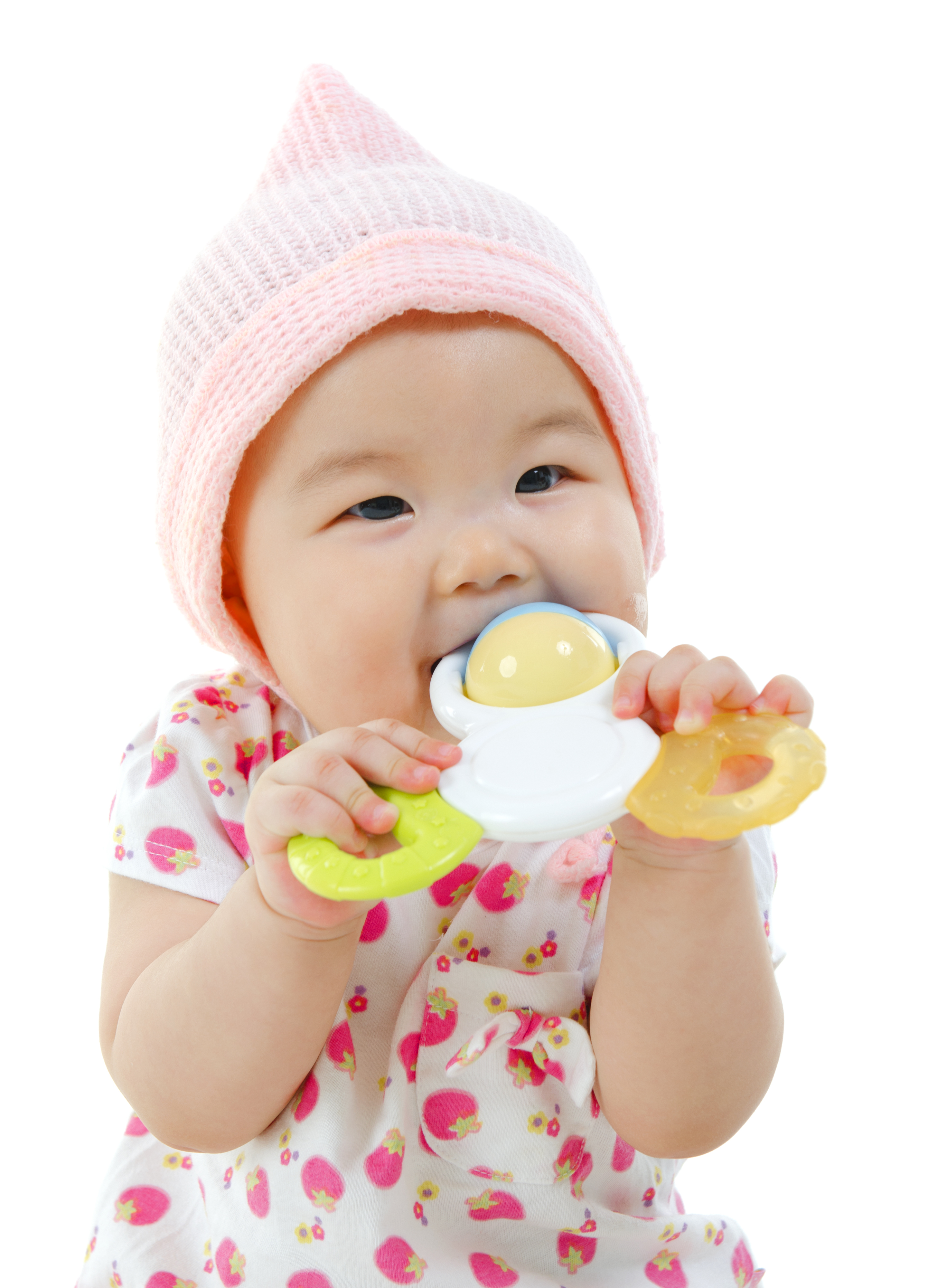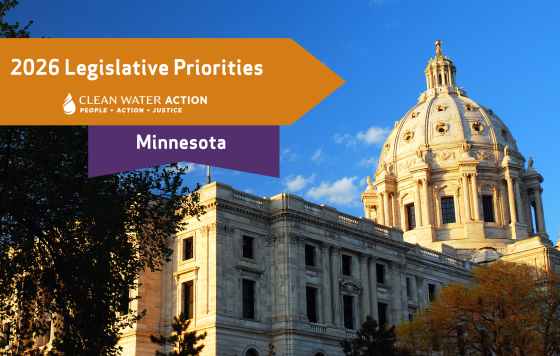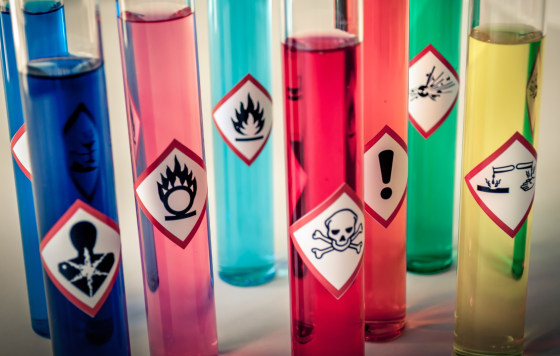
My spouse and I are expecting our first child in the spring. Needless to say, our friends and families are very excited, and we are receiving a lot of advice and insight. One of the most frequent nuggets we have been getting goes something like this: “It really starts to get fun and exciting when you get to put together your baby registry!”
We were ready for fun and excitement. We like fun and excitement! So we started our research to build out our list. After determining what we could get second-hand, we began to identify what items we would need to get brand new. We created a spreadsheet that had all of the prices and links and online review ratings. We also placed a section for notes, and as we began to populate that part of the document with anecdotal research, certain themes began to emerge.
“Treated with flame retardants containing bromides and phthalates.”
“Made with polyurethane foam.”
“Contains vinyl and PVC.”
“Includes ‘fragrance’ as an ingredient.”
What was supposed to be fun and exciting had turned exasperating. In hindsight, I shouldn’t be surprised that we encountered this issue considering that I work for Clean Water Action. In 2017, we worked to pass through the Rhode Island legislature one of the most stringent laws in the nation to ban the entire class of chemicals called organohalogens from being used in flame retardants applied to furniture and children’s products. I have spent the last five years working on source-reduction strategies for solving our growing plastic pollution problem, so I am intimately familiar with the fact that there is plastic – often unnecessarily – in just about every consumer product out there, and that the plastics industry pours millions of dollars a year into advertising and lobbying to keep it that way. For the past several years, we have introduced legislation to try to force personal care product manufacturers to disclose the chemicals that they use in the ingredient vaguely called ‘fragrance’. I guess I don't know what I expected.
“Fine,” we said. “We will just look for products that don’t contain this stuff.” We are no strangers to making informed choices to avoid products in our own lives that contain harmful chemicals or unnecessary plastics. So we started to look for safer, alternative products, and that’s when our exasperation turned to anger.
You see, you can get baby products that do not contain harmful chemicals or unnecessary plastic. You just have to be able to afford them.
Say you are looking at a car seat/jogging stroller combo to tote your baby around in a multimodal fashion. You find something that you like that gets decent reviews and retails for about $250-300 depending on where you look. It has good safety ratings (as far as preventing injury in simulated accidents go) and most people report that it is relatively durable given normal, everyday use. Heck, you even like the color. Looks like we have a winner on our hands!
But then you start to research the materials the stroller and seat are made of, and that’s when you find out that both products contain flame retardants made with bromine and phosphates. So you do a little digging for a combo that doesn't contain flame retardants. Do you know how many there are on the market now? ONE. And it will run you in the neighborhood of $900. Needless to say, this is not a hypothetical scenario.
What about crib mattresses? Baby bottles? Changing pads? Swaddling cloths? Shampoo? You can get all of this stuff without bisphenol or phthalates or flame retardants or VOCs or any number of other toxic chemicals. But you have to look really carefully, and you have to be able and willing to pay a premium for them.
Luckily, we have friends that already had the stroller I mentioned earlier, so we were able to get it for the cost of a pizza dinner. We were able to get some other items second-hand, too, which gave us some leeway to be able to afford the flame retardant-free car seat. But we realize this just isn't in the cards for many parents-to-be. Many of the more affordable baby products on the market today are made with toxic chemicals and unnecessary plastics that could expose children to unnecessary health risks.
Here at Clean Water Action, we think that all babies should be able to start their lives free from exposure to harmful chemicals and toxic materials regardless of how much money their parents make.
That is why we advocate for policies, like Rhode Island's 2017 flame retardants law (which will go in to effect this upcoming June), to keep these hazardous materials out of children's products.
That is why we will be pushing the Rhode Island General Assembly this year to pass legislation requiring manufacturers of personal care products - children's and otherwise - to disclose the chemicals they use in the manufacture of those products.
And that why we continue to work with our allies across the country to identify new sources of toxic exposure and push manufacturers and retailers of those products to clean up their acts.
Thanks to a few weekends spent furiously sifting through consumer reports and blog posts and online ratings and email responses from manufacturers, my spouse and I are fairly confident that the items we have selected for our baby are safe and healthy. Now that this task is out of the way, I can return to helping ensure that every other parent in Rhode Island can be confident about their choices for their baby, too.
For more information about toxics and chemicals in baby products, check out the Getting Ready For Baby website, which explains some of the hazards in baby products and makes recommendations for safer alternatives.
To share your story about this issue, to help out with our Rhode Island toxics campaign, or to request more information about this topic, please email Michelle Beaudin.


